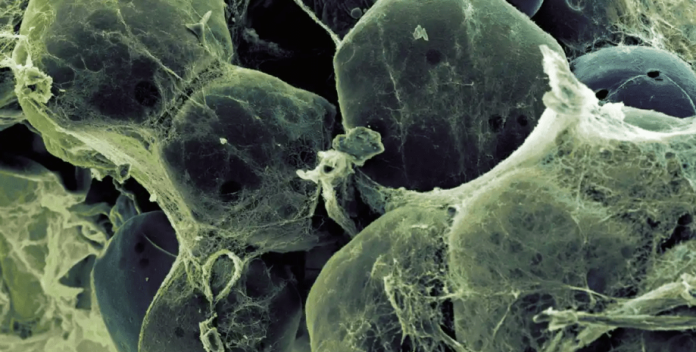Scientists from University College London in collaboration with NASA, MEO and Harvard Medical School have presented a revolutionary study that changes the understanding of cell death. They believe that necrosis - uncontrolled form of cellular destruction - plays a crucial role in aging, development of chronic diseases and impaired health in extreme conditions, in particular in space.
Necrosis is a cellular death that occurs as a result of physical or chemical stress, infections or injuries. Unlike apoptosis - "programmed cell death", which occurs orderly - necrosis is accompanied by a rupture of the cell membrane and the release of toxins into the surrounding tissues. This provokes inflammation and begins the chain reaction of destruction in adjacent cells. Scientists point out that the key trigger of necrosis is the imbalance of calcium, which overloads cellular mechanisms and promotes death.
Particularly noticeable effect of necrosis - in age -related kidney diseases, where this form of cellular destruction causes chronic renal failure. According to statistics, up to half of people after 75 years have appropriate problems. Impact on necrosis can be the key to stopping or slowing down these processes.
Another dimension of research is space missions. Necrosis triggered by micro gravity and radiation can be a serious obstacle in long flights, such as Mars. The study states that the organs of astronauts, in particular the kidneys, grow older and degrade because of necrosis - and this potentially limits humanity's ability to explore deep space.


